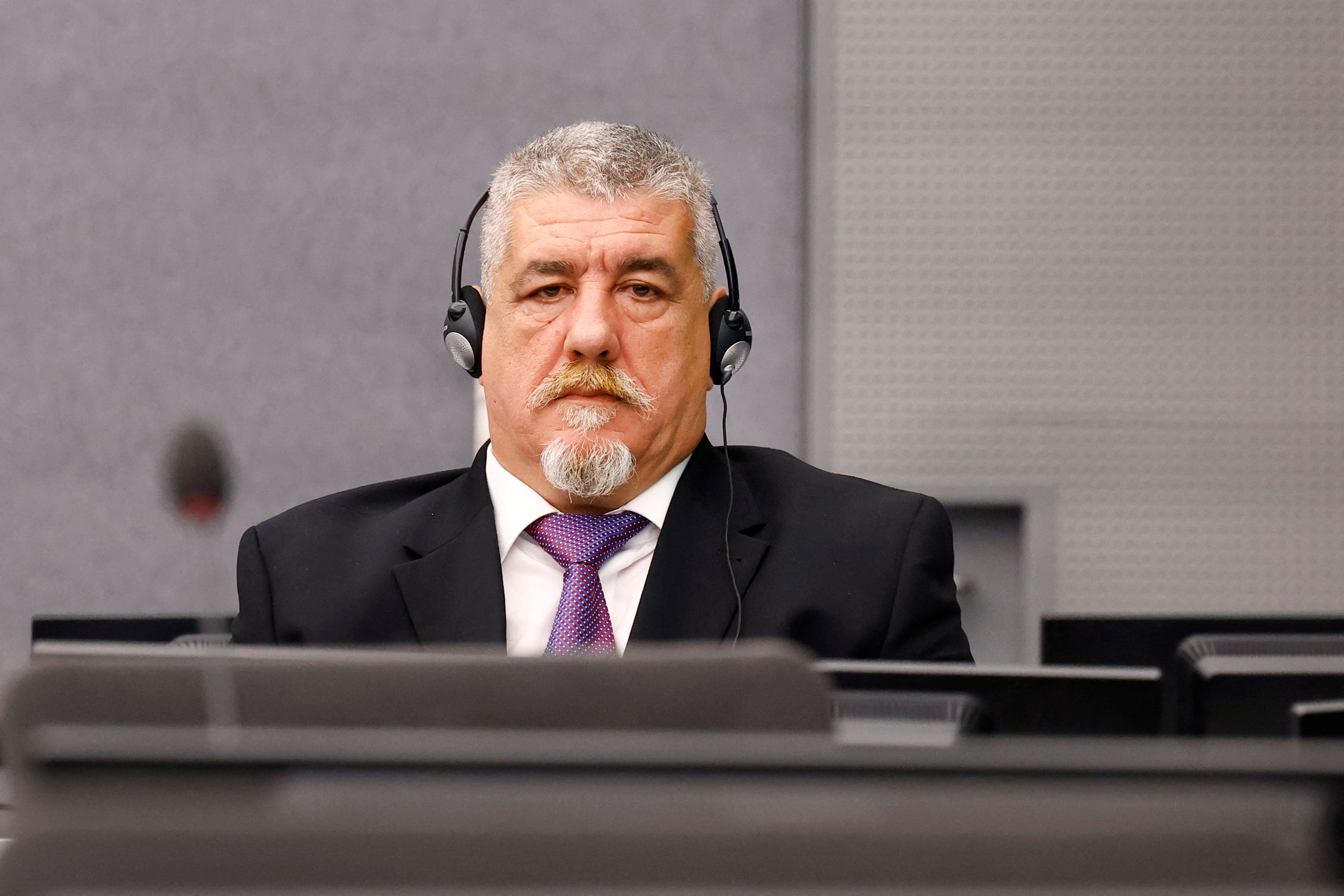
An internationally staffed court at The Hague has ruled that Pjeter Shala, former Kosovo Liberation Army (KLA) member, committed war crimes during the 1998-1999 Kosovo uprising against Serbian troops, sentencing him to 18 years in prison.
Shala's convictions of war crimes included torture, murder and arbitrary detention. The tribunal ruled he ran a makeshift prison in which people were abused and at least one man was killed.
Shala was convicted by the Kosovo Specialist Chambers, a specialist war crimes court seated in the Netherlands and staffed by international judges and lawyers. It was set up in 2015 to handle cases under Kosovo law against fighters of the KLA.
It is separate from a UN tribunal, also located in The Hague, which prosecuted nationals from the former Yugoslavia, including several Serb officials and one former KLA member for crimes committed in the Kosovo conflict.
Throughout the trial, Shala maintained his innocence. His legal representation argued that he was not present at the time the offences were committed nor had he participated. However, the judges ruled it was "beyond reasonable doubt" that he was a part of the criminal group that detained and mistreated at least 18 people that were suspected to be spies for the Serbs.
Shala, now 60-years-old, was also known as "Commander Wolf". He was a local military leader in Western Kosovo during the conflict, in which the KLA sought the independence of Kosovo from Serbia. Kosovo successfully gained its independence as a sovereign state in 2008. The final stages of conflict in 1999 saw relentless bombings by the North Atlantic Treaty Organisation (NATO) against the Serbian military which eventually resulted in Serbian withdrawal from Kosovo. NATO's 79-day air campaign in the Kosovan conflict is widely regarded as a case of successful international humanitarian intervention which led to the official formation of an independent state.
More than 13,000 people are believed to have died during the 1998-99 Kosovo uprising against Serbian troops led by then-President Slobodan Milosevic.
Read more from Al Jazeera here.



